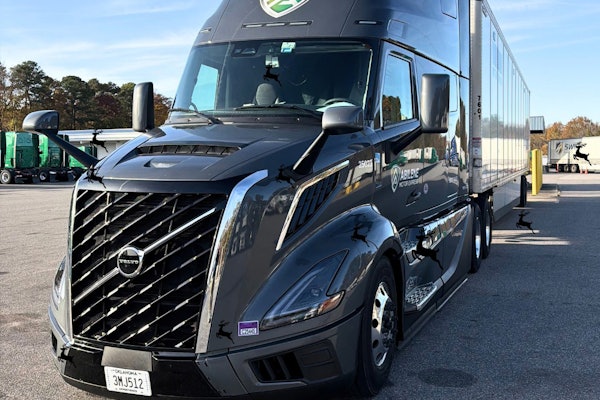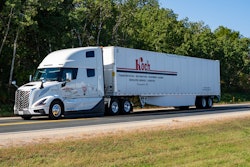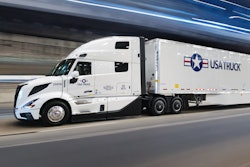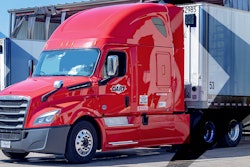By Todd Dills
Despite significant regulatory and competitive challenges from the federal government and big trucking companies, small carriers are here to stay, two industry representatives told attendees of the CCJ Spring Symposium in Tuscaloosa, Ala., on Tuesday, June 5.
“We have 400 entities a week applying for authority,” said Dave Owen, president of the National Association of Small Trucking Companies. Owen was joined in a panel discussion — moderated by CCJ editorial director Avery Vise — by Jeff Wilmarth, president of Silver Arrow Express of Rockford, Ill.
Wilmarth stressed the small trucking company’s ability to attract and retain drivers at a local level, offering a family atmosphere and personal connection. “They want to be able to come in the door and you know them by name,” Wilmarth said.
It’s that relationship that is traditionally a significant advantage for small trucking companies, but Owen said he sees that advantage as increasingly under attack. He cited as prime evidence the speed-governor petitions currently before the Federal Motor Carrier Safety Administration and the National Highway Traffic Safety Administration. Those petitions are sponsored by the American Trucking Associations and Road Safe America, in league with nine large motor carriers.
“That proposal comes from a group that supports very large carriers, who have found it economically feasible to govern trucks,” Owen said. “The tradeoff of that is they can’t find drivers who want to drive a governed truck.” Wilmarth agreed, citing numerous rear-end collisions in Silver Arrow’s home state of Illinois resulting from split 55/65 mph speed limits on many interstates.
Among other challenges to small carriers discussed were:






